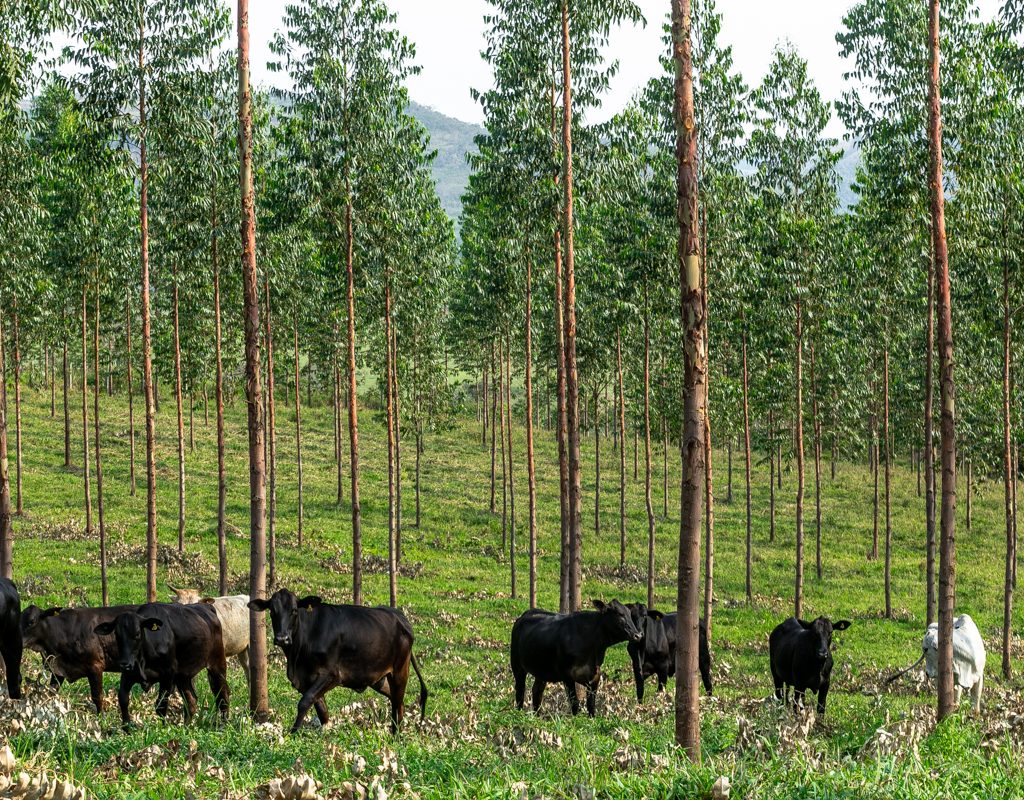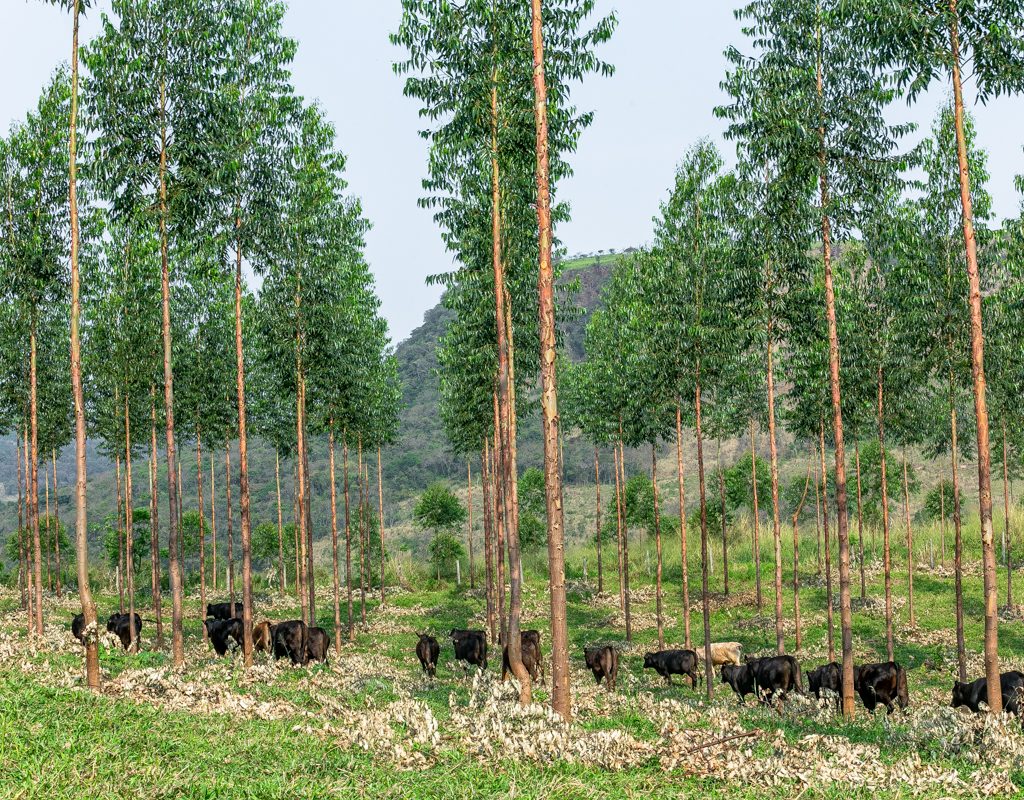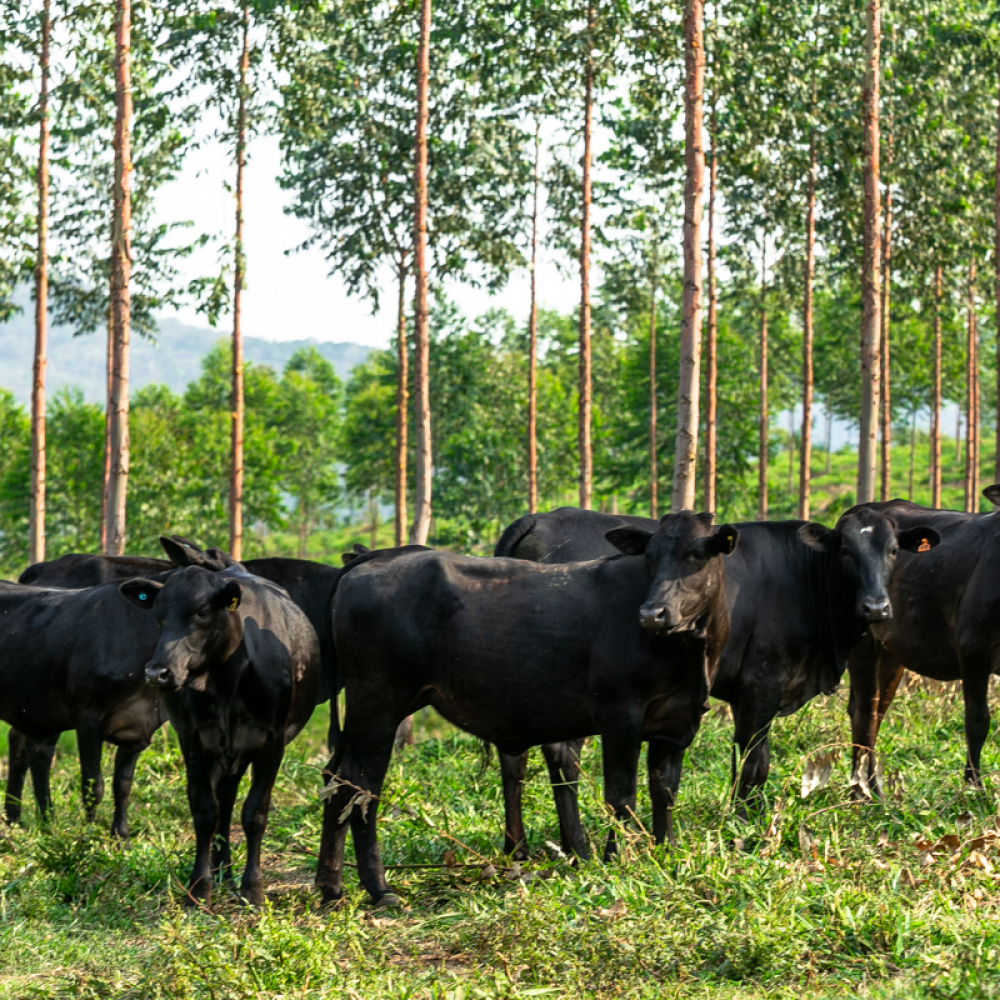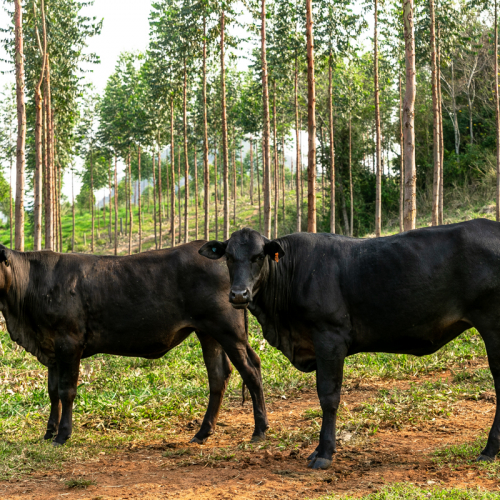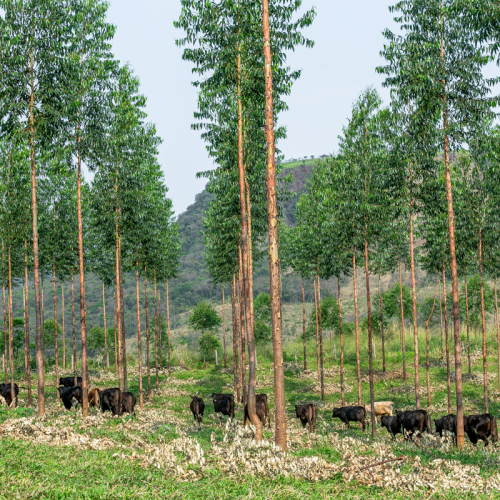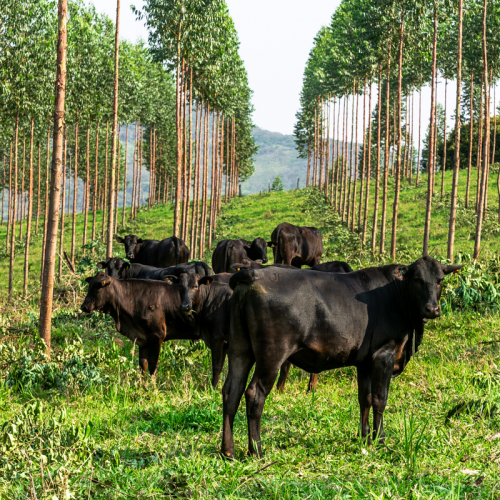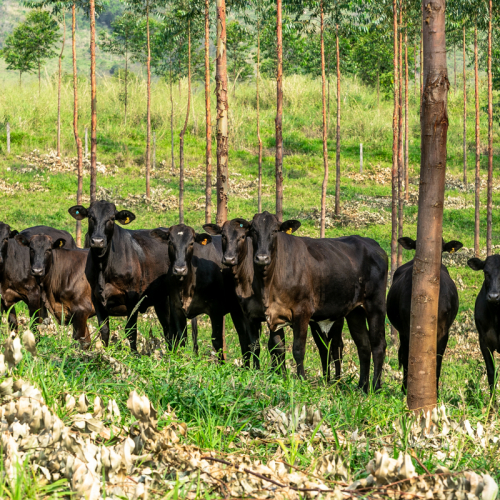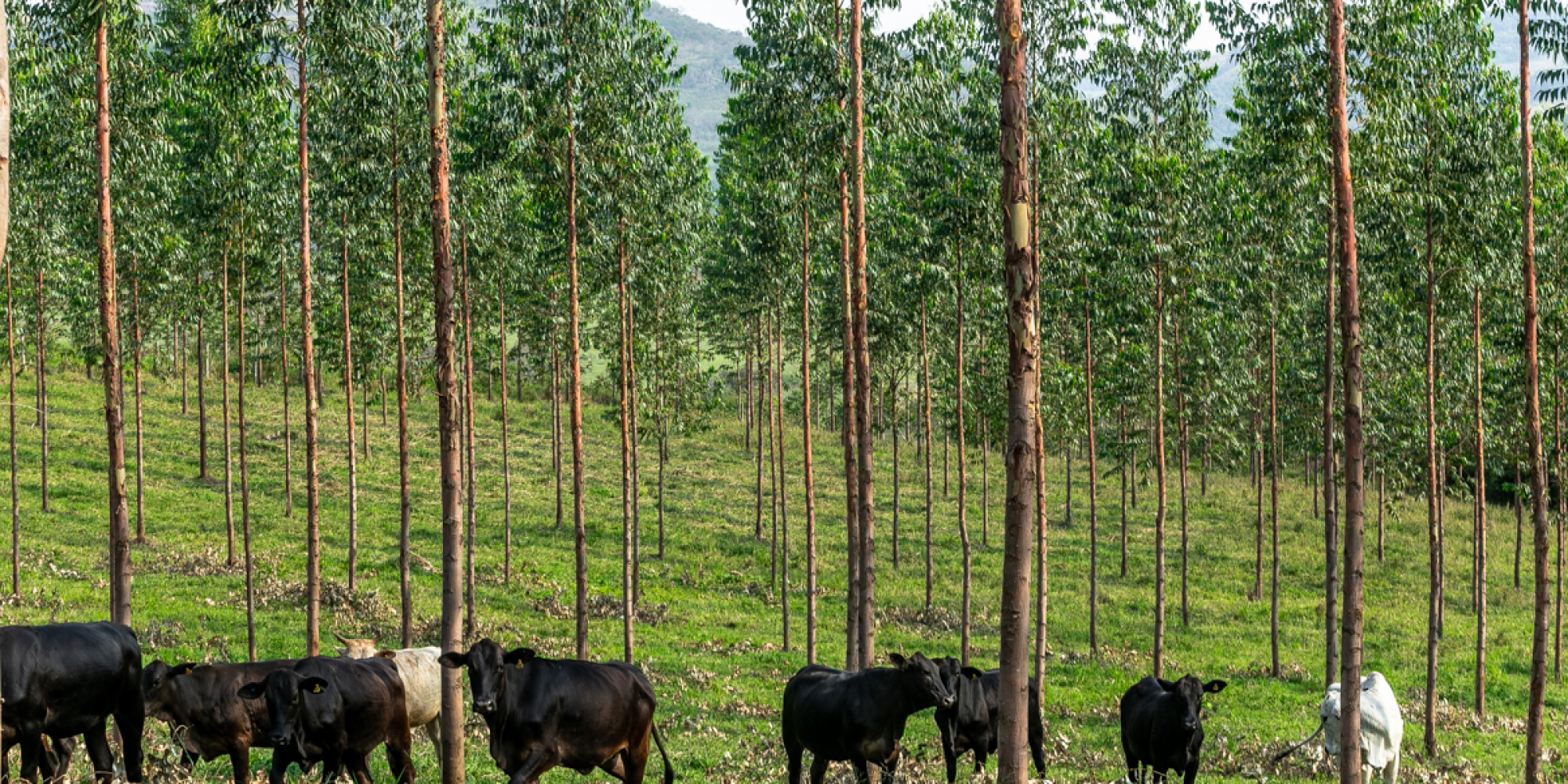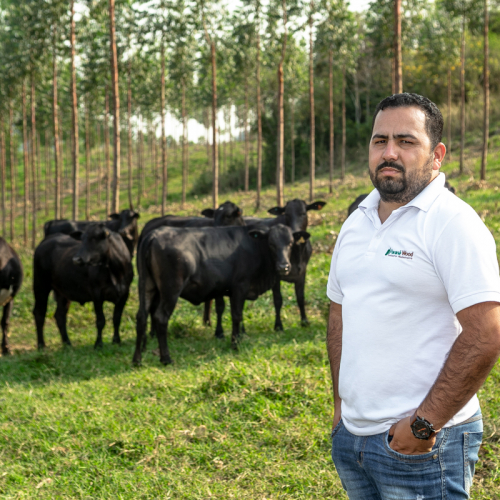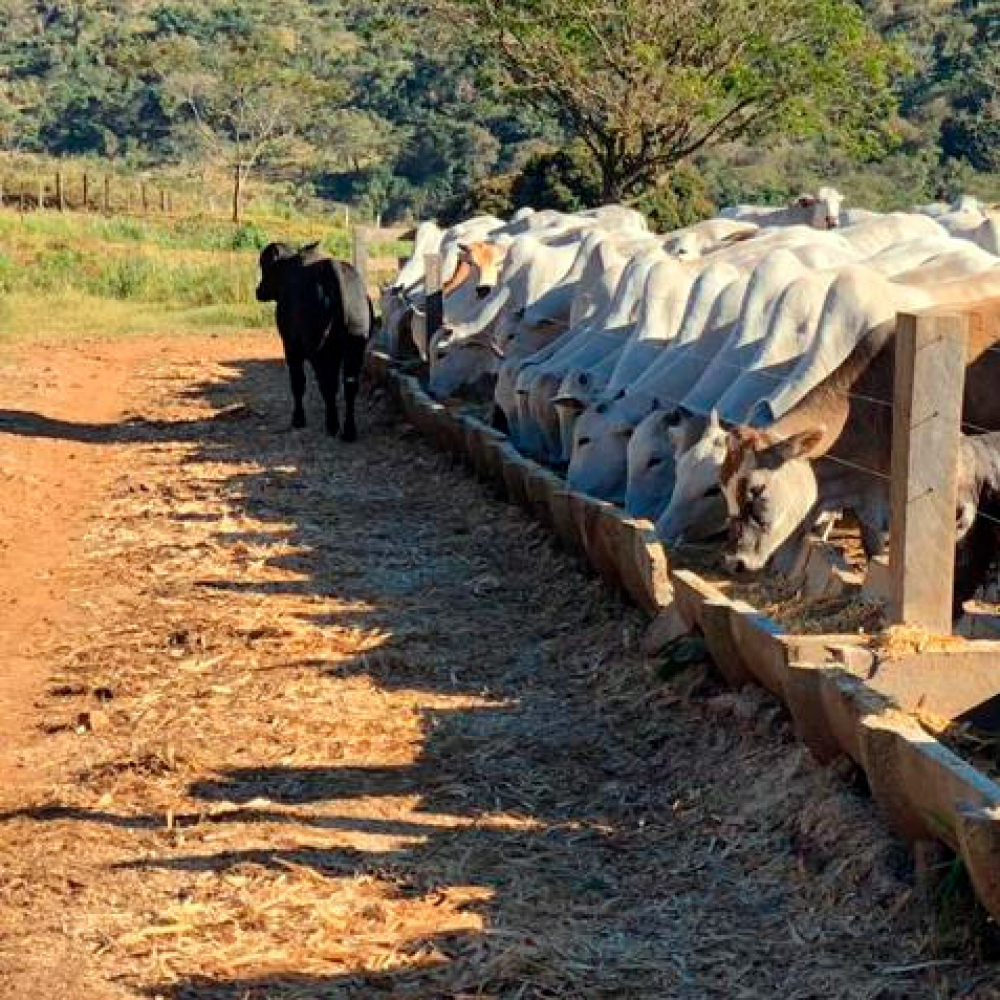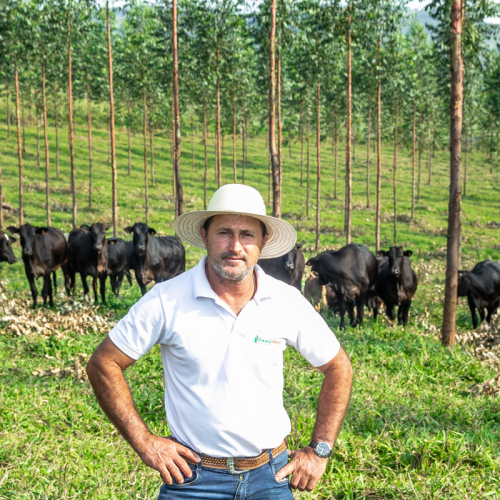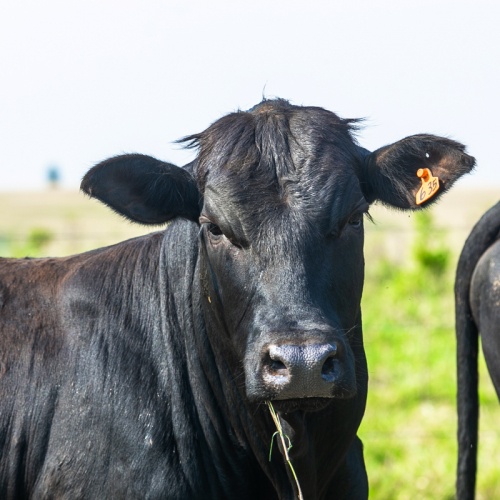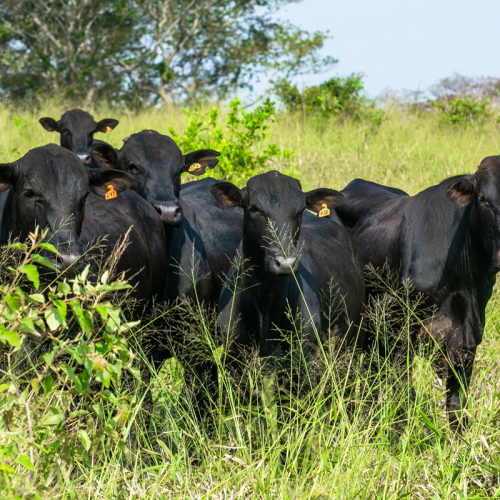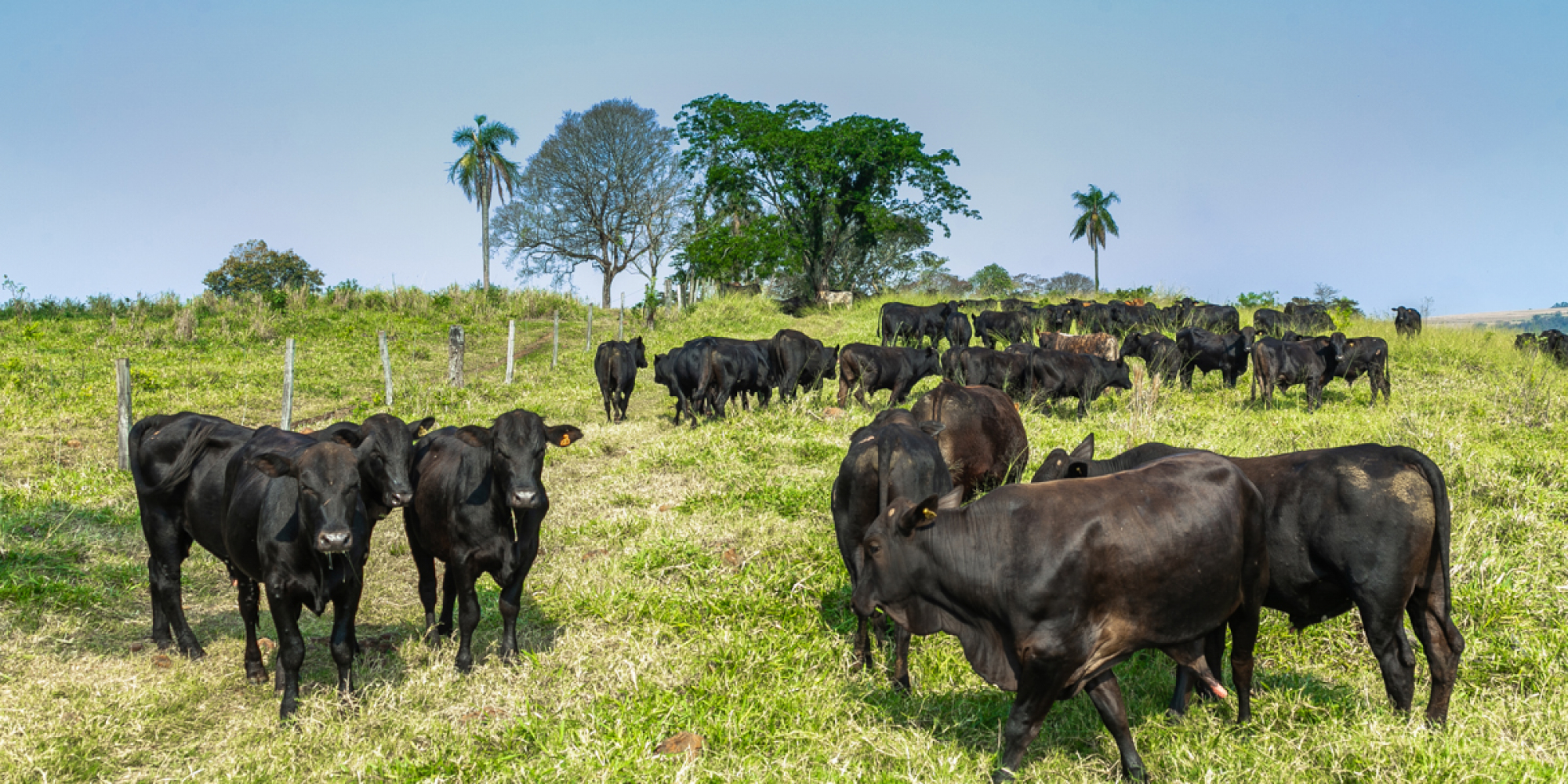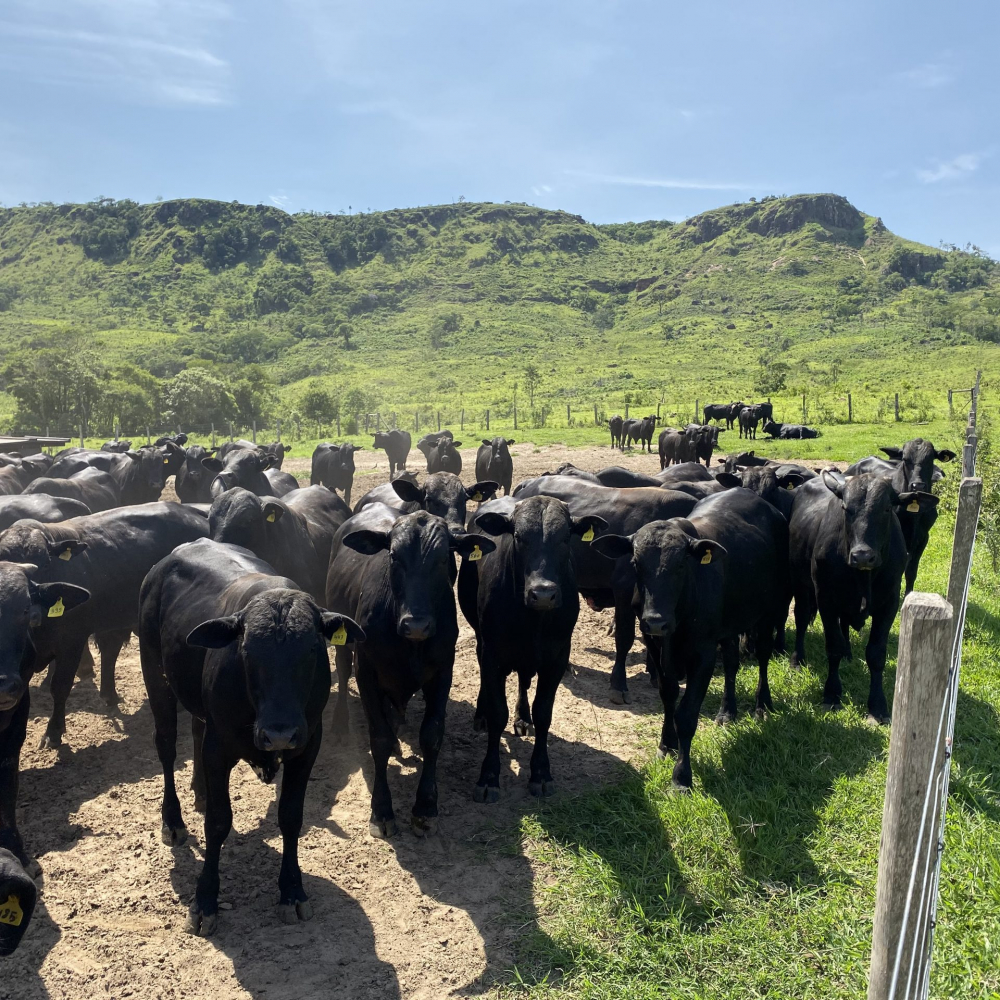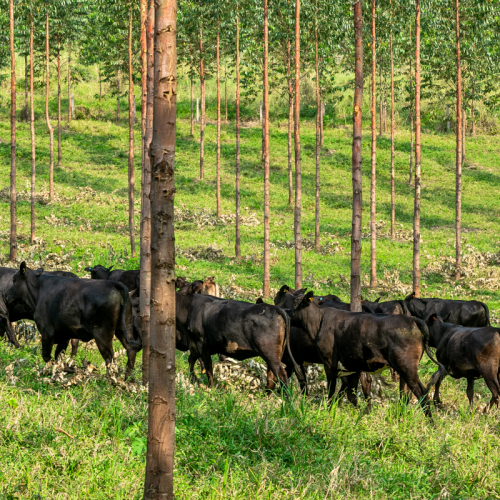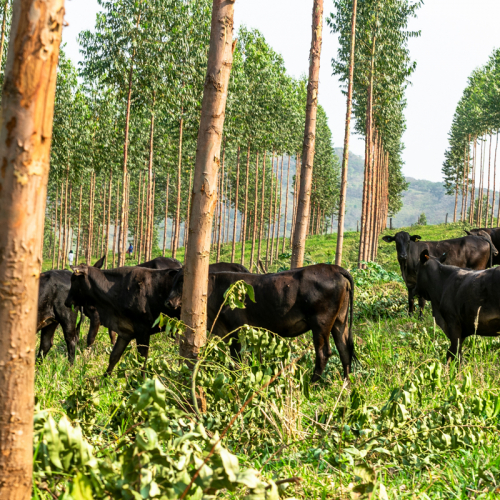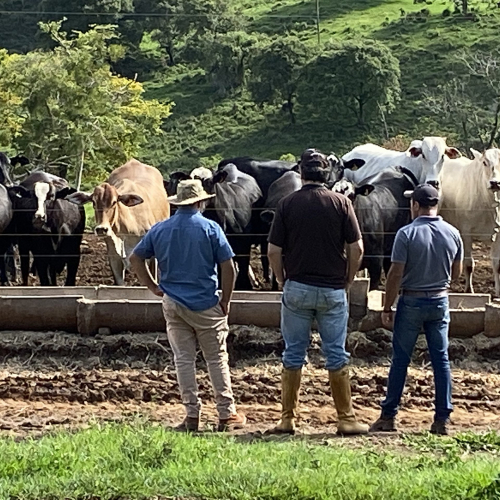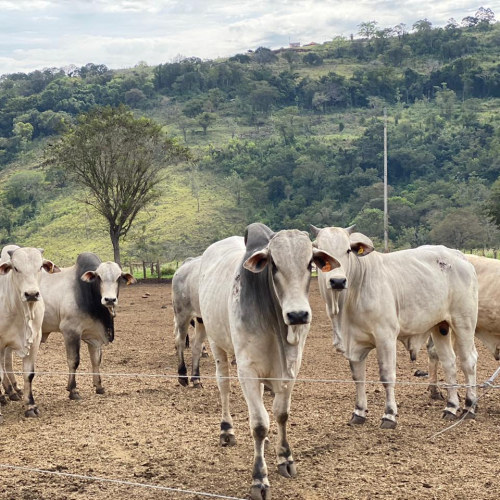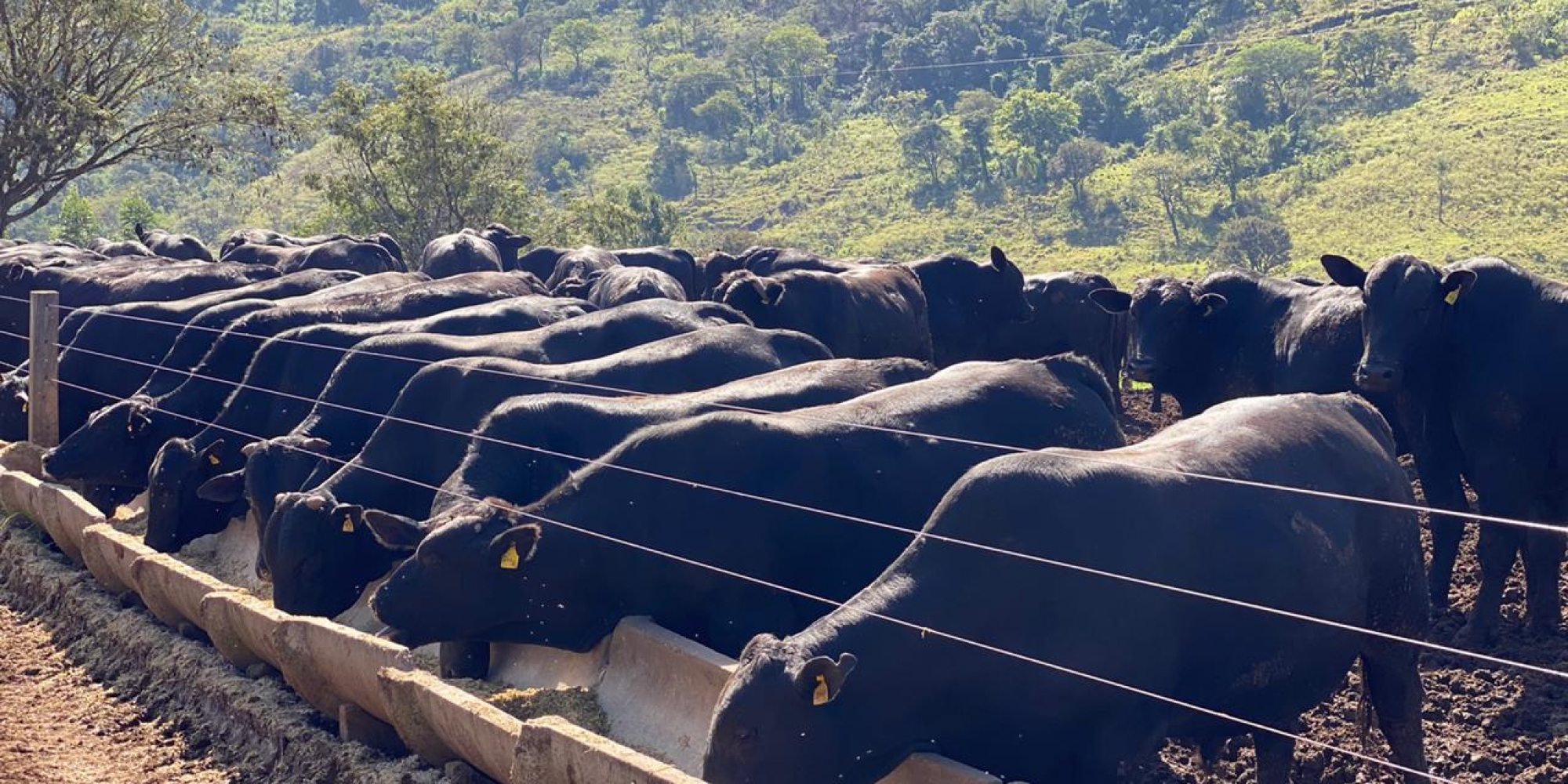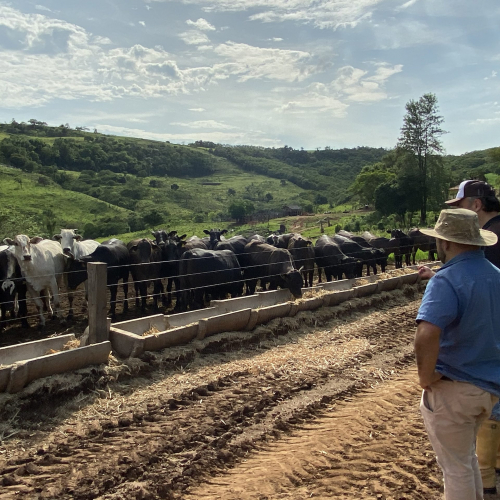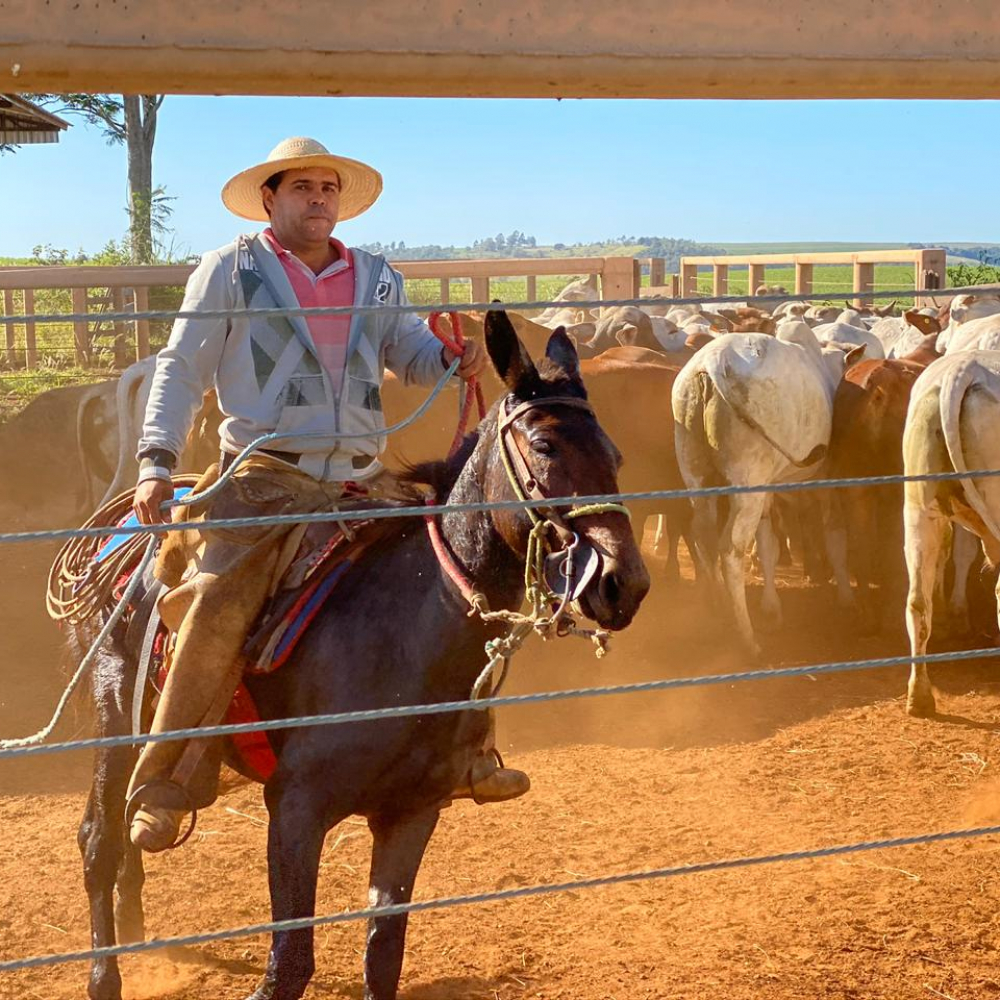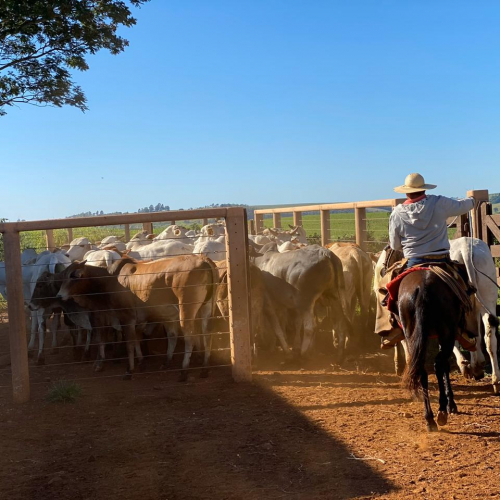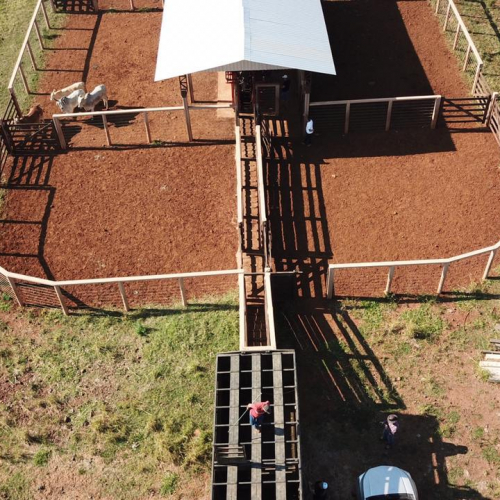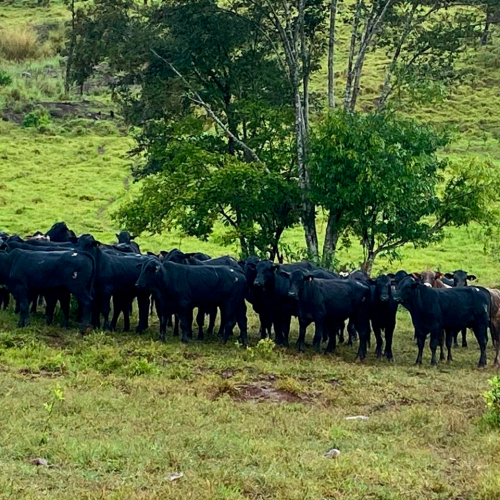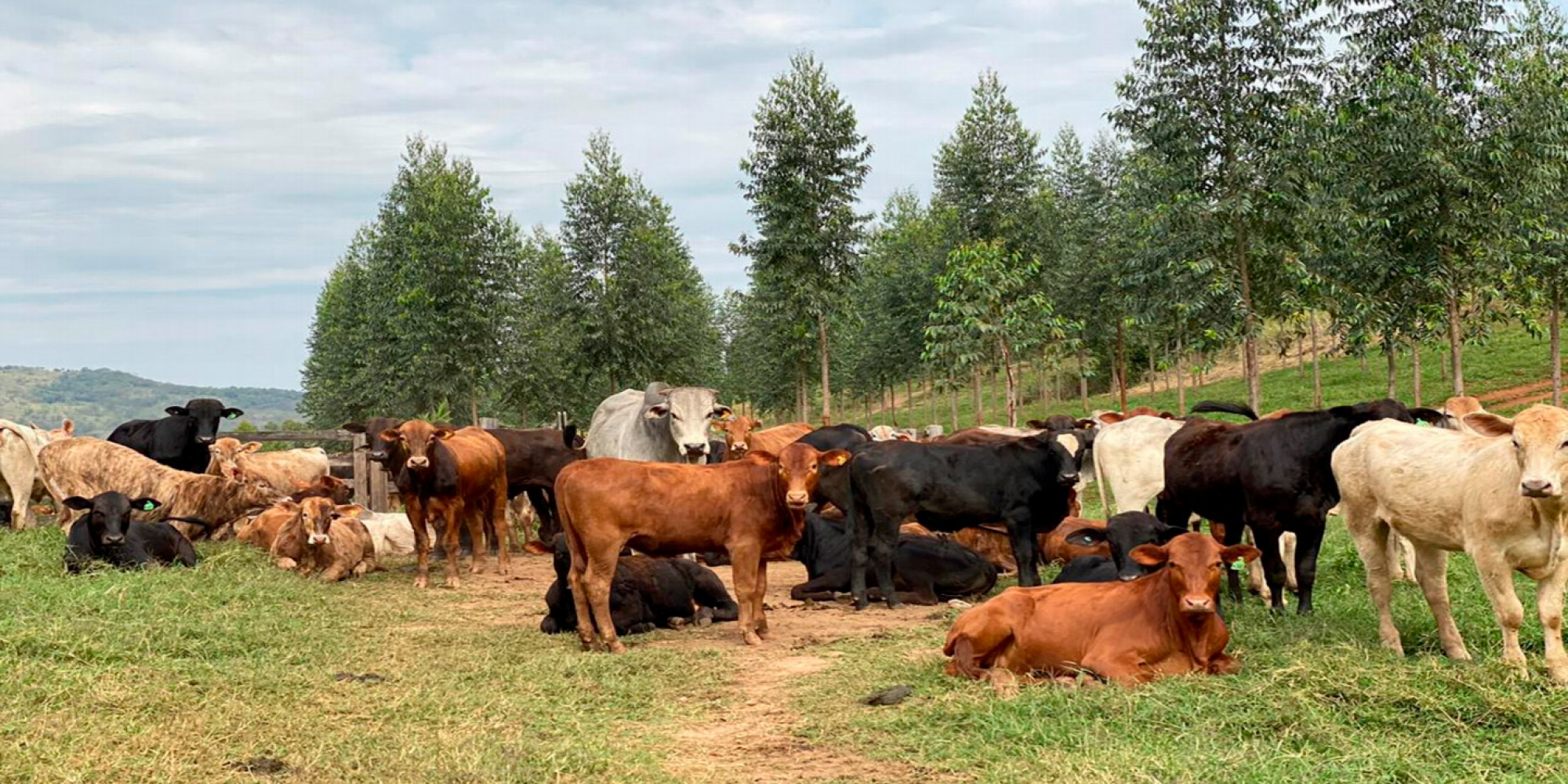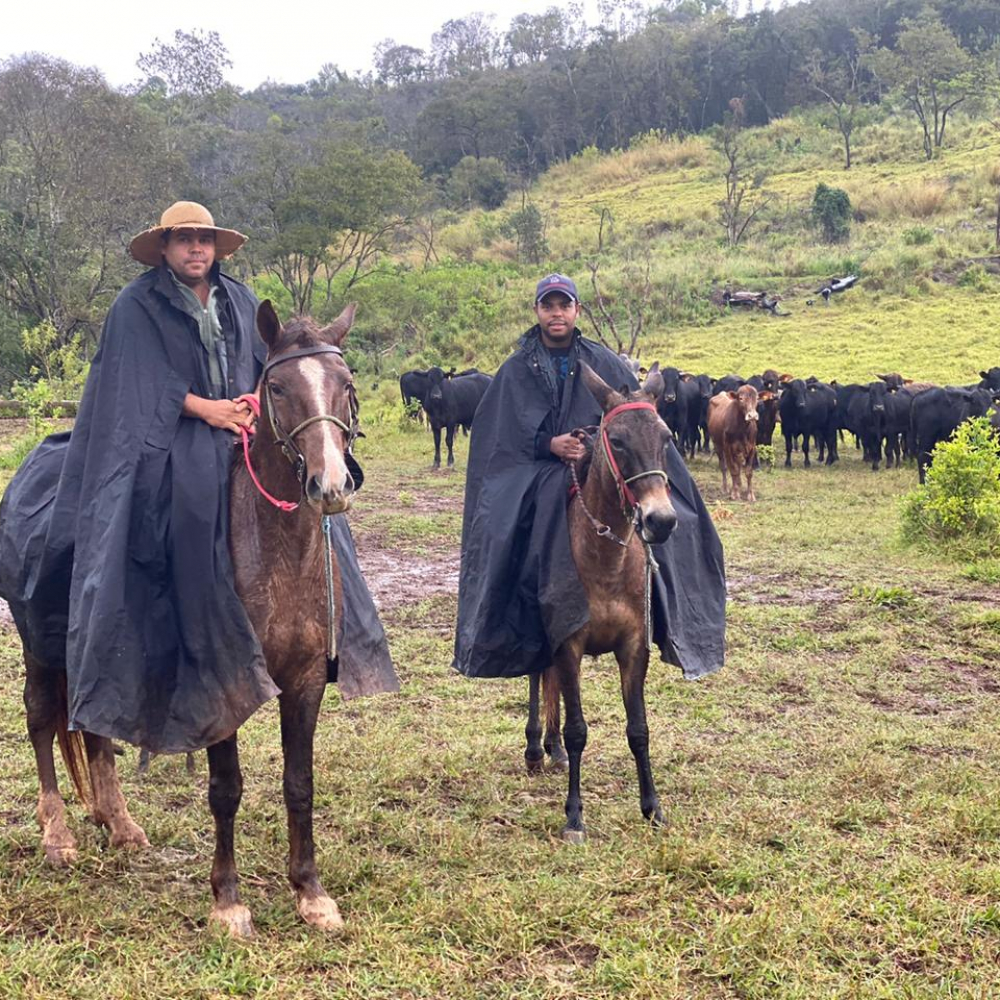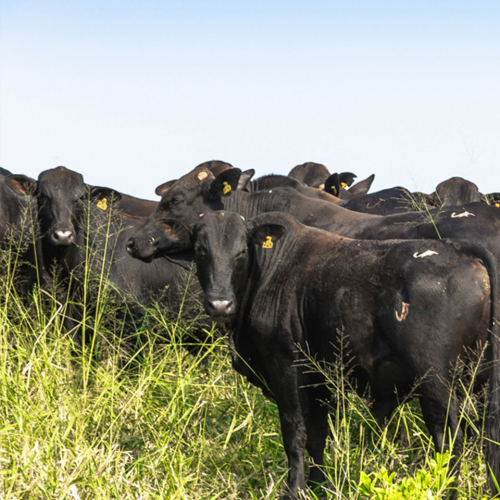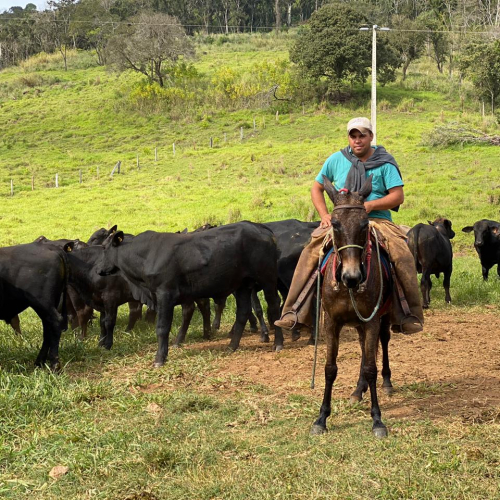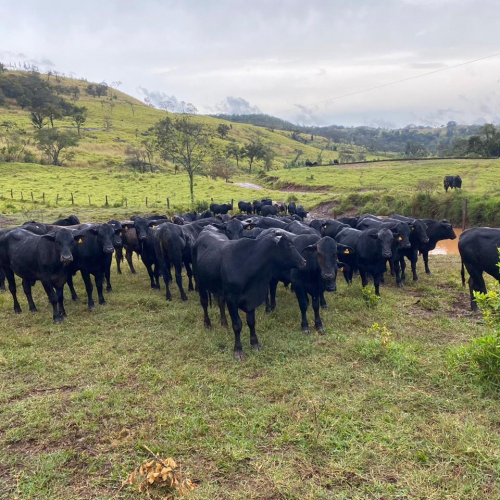Profitability with Sustainability
Meat production
Brazil is a leader in the global meat market. It has a heard of 213.68 million cattle units.
In 2019, the country exported 1,866 million tons of meat, 13.6% more than the previous year (Brazilian Association of Meat Exporting Industries – Associação Brasileira das Indústrias Exportadoras de Carne – ABIEC). The Brazilian meat is being produced in a competitive manner and is recognized throughout the world for its quality.
Paraná Wood Pecuária is setting the bar by integrating systems for profitability and sustainability. Its purpose is to produce cattle with a short cycle, presenting quality, tender meat with the flavor of the “Brazilian green cattle”.
Breeding, re-breeding, feed lots
Modern, intensive cattle breeding is currently practiced by producers who seek maximum profitability per hectare, with growing concern in the handling and improvement of grazing areas, supplementary feed, with animals of high genetic quality and consistent management.
The breeding, re-breeding and feed lot systems are controlled at Fazenda São Lucas, maximizing the results, emphasizing the high profitability/low cost equation.
In breeding, which starts before the calving up to the weaning, the purpose is to produce heavy calves, whether to replace the heard, to re-breed or to re-breed – fatten. Rebreeding starts at weaning and lasts for approximately 12 months. It takes place in grazing lots, from the reception of the animals to the beginning of termination in feed lots. In the case of cows, re-breeding ends at the beginning of the reproductive season.

Fazenda São Lucas, in São Jerônimo da Serra, is also focused in the Paraná Wood Pecuária silviculture project.
When arriving at the farm, the animals receive vermicides and vitamin supplements – ensuring a better feed conversion – in addition to all the vaccines. It houses the Angus X Nellore half-blood heard during the re-breeding and fattening phases, separated by weight, receiving supplementation with energetic protein salt, silviculture grazing, and quality water.
In the feed plot phase, the feed is based on maze concentrate and silage, adjusted by the weight of the animal. The feed is prepared at the farm, where grains are also farmed, in a perfect crop-cattle-forest symbiotic interaction.
The animal production takes place in a short cycle, with an average of 16 to 18 months at the farm, with the final 65 days in feed lot regime. The results are an average of finished animals with carcass yield of 54%, weighing approximately 23.47 arrobas (one arroba equals 15 kilos), exceeding the region’s index in four arrobas.
In the 2019/2020 season, the management practices adopted in the re-breeding presented animals from the average 227.3 kg to 523.28 kg, a 9.74 arroba gain per animal.
Confinement
Silviculture | Sustainability in action
The silviculture system of Paraná Wood Pecuária follows the sustainable practice principles in agribusiness.

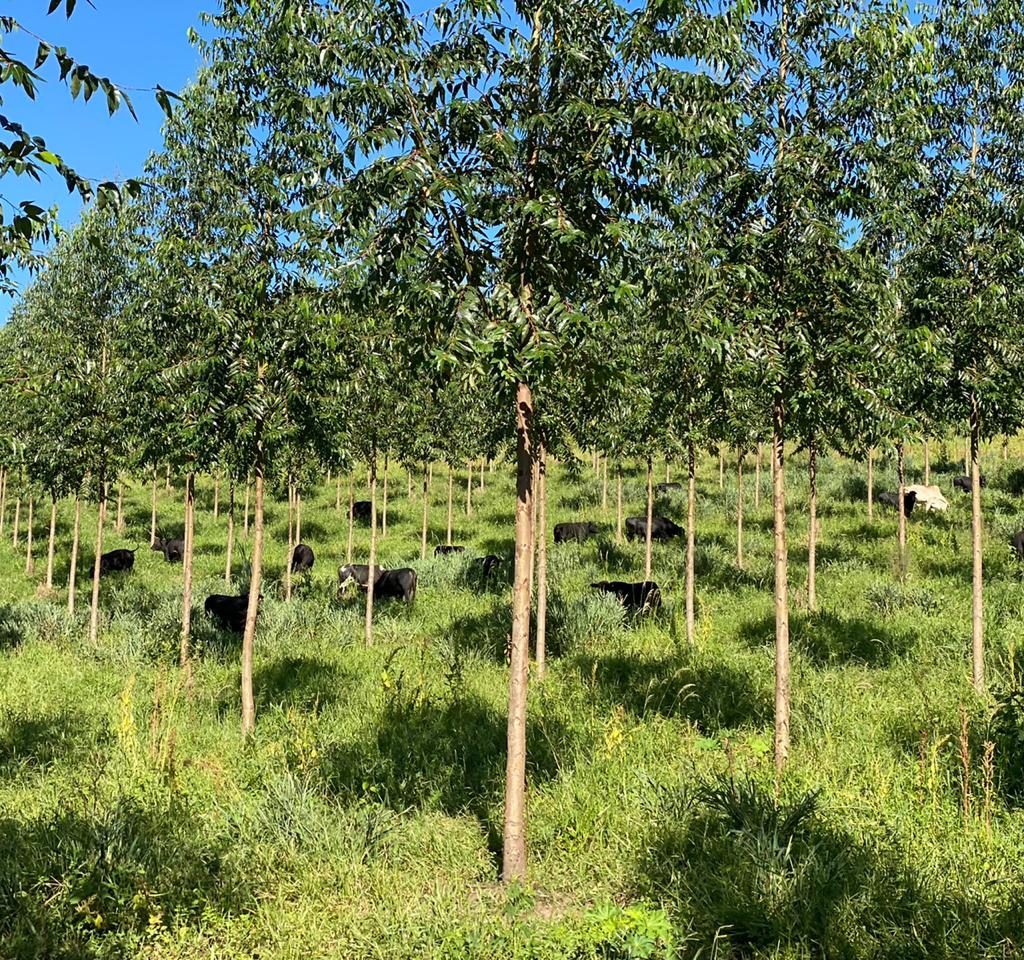
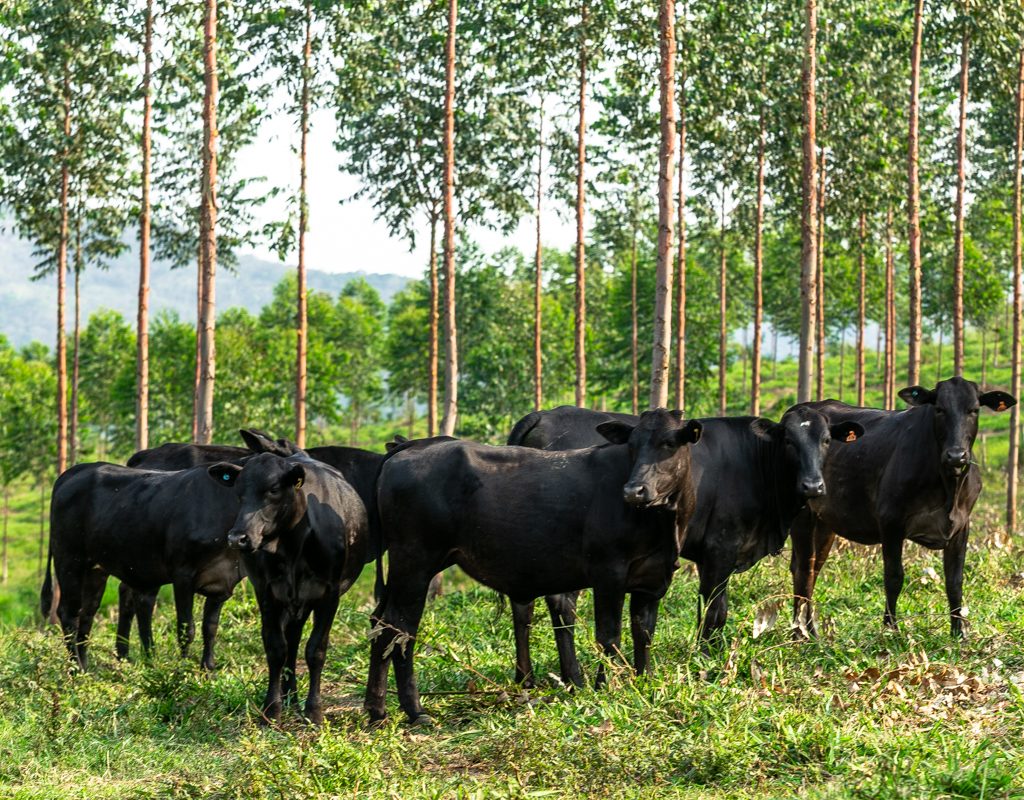
Those practices are directly linked to eco-systemic services – plants, animals and communities of microorganisms and non-live elements (soil, water, air), interacting in equilibrium -, restoration and preservation of biomes and low-carbon productive systems.
Fazenda São Lucas presents high profitability per hectare with timber and ensures greater performance of animals due to the thermal comfort and foraging favored by the trees, with less stress, prioritizing the animal wellbeing.
The areas are prepared to receive animals from different age groups, ensuring quality feed regardless of the season of the year.
In an area with a total of 848 ha, with 96.8ha of legal preservation area, 19.36 ha of maze planted for silage and 367.84 ha for grazing in correlation with the production of eucalyptus in the silviculture system, Paraná Wood Pecuária reaches high profitability per hectare, ensuring the performance of the animals.
The world demands high quality, eco-friendly meat. The silviculture system meets that demand. It results in calmer, stress-free animals, which graze better and get fatter. The trees “collect” carbon dioxide (CO2), methane and nitrous oxide gases issued by the cattle.
The silviculture and agro-silviculture systems are certified by the Brazilian Agriculture & Livestock Research Corporation (Embrapa) and contemplate the “Neutral Carbon Meat” project, ensuring the enteric methane emissions are compensated during the growing process of trees in the system.
